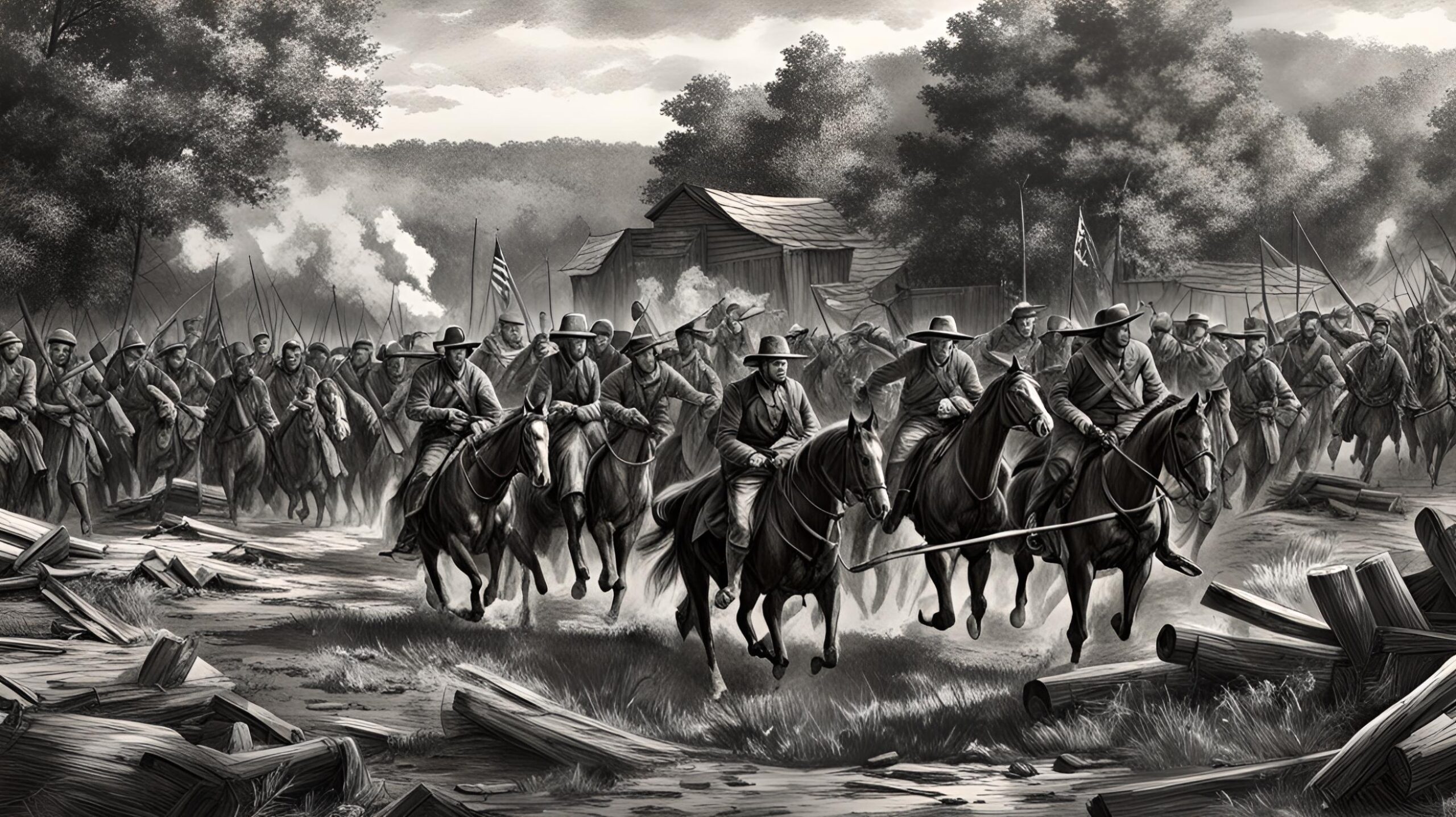Flashback to August 31
American History

1869
Thomas Edison of Boston, Massachusetts, receives a patent for his electric voting machine.
Read moreOn June 1, 1869, an innovative inventor by the name of Thomas Edison from Boston, Massachusetts, received a patent for his groundbreaking electric voting machine. This event marked a significant milestone in the history of technology and voting systems, as it introduced a new way of casting and counting votes.
Thomas Edison, widely known for his contributions to the field of electricity, applied his knowledge and skills to develop an electric voting machine that aimed to revolutionize the democratic process. His invention was designed to address the challenges associated with traditional voting methods, such as paper ballots, which were not only time-consuming but also prone to errors and manipulation.
Edison’s electric voting machine incorporated several key features, including a registration lever and a dial to cast votes. The machine used electricity to record each vote accurately, eliminating the possibility of manual errors. It also provided a practical solution for voters with disabilities, as it included a mechanism to assist them in easily casting their votes.
One of the main advantages of Edison’s electric voting machine was its ability to ensure the confidentiality of each vote. By using a closed circuit, the machine prevented unauthorized access and tampering, ensuring the integrity of the voting process. Additionally, it facilitated the rapid counting of votes, reducing the time required to determine election results and minimizing the chances of discrepancies.
The introduction of Edison’s electric voting machine sparked great enthusiasm among politicians and the general public at the time. Many viewed the invention as a significant step towards more transparent and efficient elections. However, despite the enthusiasm, the machine faced several challenges and did not gain widespread adoption during its time.
One of the main obstacles Edison encountered was the resistance from politicians and election officials who were hesitant to embrace new technologies. Traditionalists were skeptical about trusting a machine with the responsibility of recording and counting votes, expressing concerns over the reliability and accuracy of the electric voting machine.
Another reason for the limited adoption of Edison’s invention was its complex design and high production costs. The intricate mechanism of the machine made it expensive to produce, making it difficult for election authorities to afford widespread implementation. Additionally, the lack of standardized voting procedures across different states further complicated its potential adoption.
Despite the challenges faced by Edison’s electric voting machine, the invention laid the foundation for future advancements in voting technology. It initiated a discussion around the importance of incorporating technology into the electoral process and inspired further research and development in this area.
Over the years, advancements in technology have led to the creation of more sophisticated and user-friendly voting systems. Today, electronic voting machines, computerized voter registration systems, and online voting platforms are being used in many countries, streamlining the voting process and enhancing its accessibility and security.
the patent received by Thomas Edison for his electric voting machine on June 1, 1869, marked a significant moment in the history of voting systems. Although his invention faced resistance and challenges, it laid the groundwork for future advancements in electoral technology. Today, we continue to witness the evolution of voting systems, thanks to pioneers like Edison who dared to think outside the box and challenge traditional norms.
We strive for accuracy. If you see something that doesn't look right, click here to contact us!
Sponsored Content

Civil War: Battle of…
Experience the dramatic history…

$162,821 is stolen at…
On August 31, 1798,…

William and Emily Harris,…
On August 31, 1978,…

US President Franklin Roosevelt…
"US President Franklin Roosevelt…

